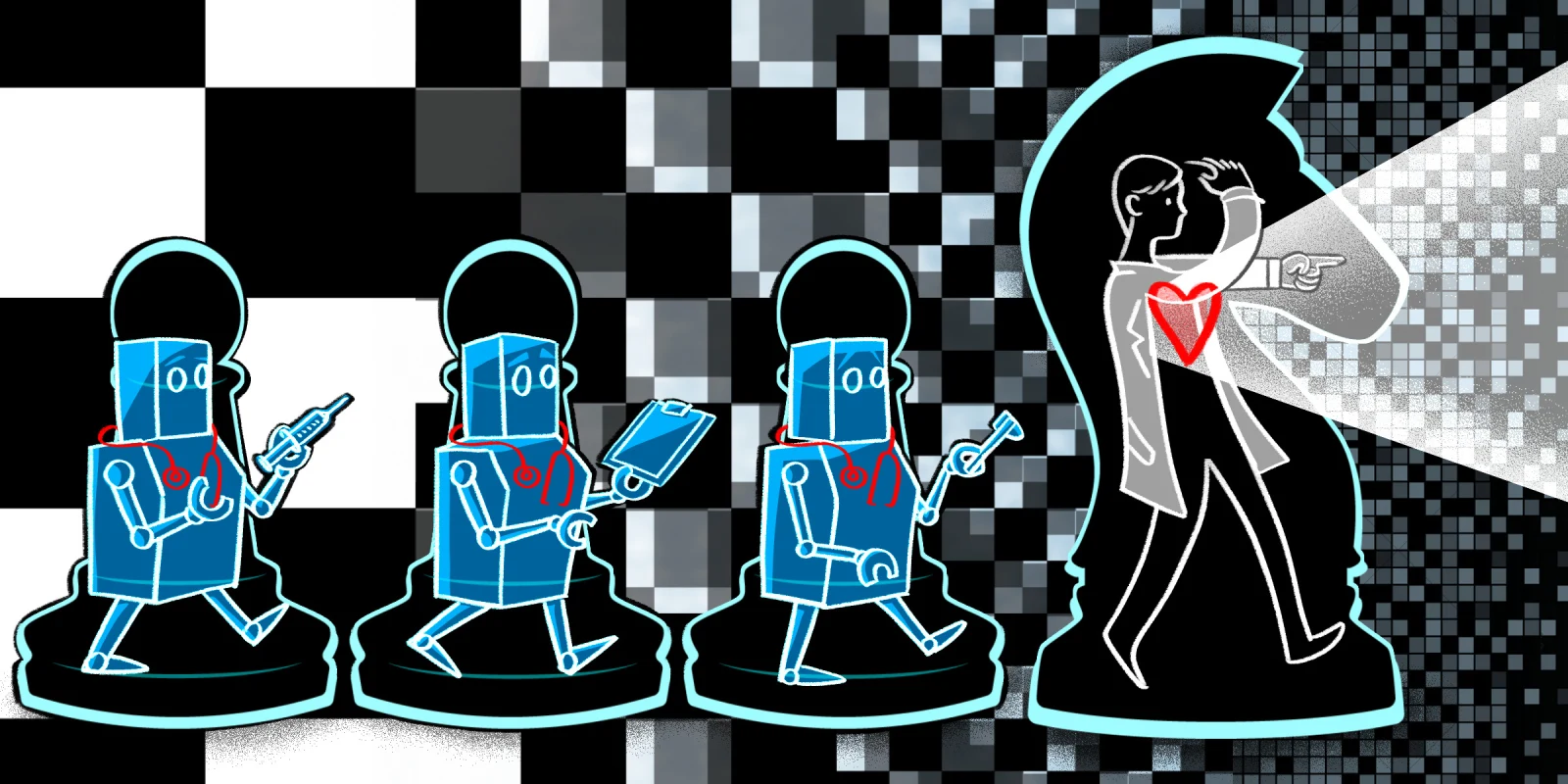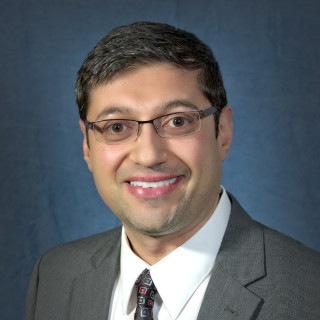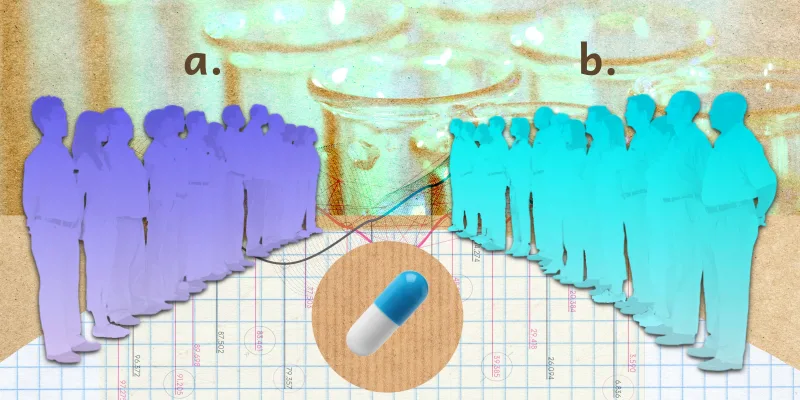It was once again great to attend the annual scientific sessions of the American College of Cardiology this year in the great city of Chicago. It has been my honor and privilege to attend the ACC meeting religiously for over 20 years, aside from the interruptions and virtual sessions held during the COVID-19 era. I was again pleased this year to join my colleagues from across the U.S. and around the world in three days of excellent learning and exchange of ideas and research across the cardiovascular spectrum, including the Late Breaking Clinical Trials such as WARRIOR, STRIDE, API-CAT, and others. It was also excellent to share our institution’s scientific findings on the international stage of cardiology. Every year, the sessions have a unique flavor and message that I am glad to share with my colleagues.
This year, there were three main messages that I took away from attending the sessions, and these three themes can be summarized in the following groups:
- Celebrating accomplishment;
- Highlighting all members of the CV team; and
- Knowledge and awareness of the ever-emerging technology of artificial intelligence and the beneficial aspects of integrating AI into scientific research and breakthroughs to deliver optimized cardiovascular care.
The first theme experienced throughout the conference was the celebration of the massive accomplishments of the ACC. This conference, the 75th anniversary of the college's inception, highlighted the work and achievements of the college and its members over ACC's history. Upon attending and supporting the ACC at the 75th Anniversary Gala held at the historic Field Museum in Chicago and hearing inspiratory words at the gala from leaders and pioneers in the field, such as Dr. Nanette Wenger and Dr. Paul Douglass, I was keenly made aware of the accomplishments and success of the college over all these years in terms of delivering the mission of transforming cardiovascular care and improving heart health for all. Attending the gala made me proud to be a member of this transformative group and to advance ACC at the heart of the cardiovascular community.
The second theme lies in realizing the importance of the celebration of accomplishment made possible by the work of the clinician cardiologists across the U.S. and the world and by the entirety of the cardiovascular team (CVT). This work is a key point as it is not just the clinicians who deliver excellent cardiovascular care; cardiovascular care is integrated and collaboratively delivered by all members of the CVT, whether they be nurse practitioners, registered nurses, clinical nurse specialists, clinician assistants, clinical pharmacists, and other non-clinician cardiovascular professionals. The CVT and the team approach makes the world of cardiology what it is today. This fact is demonstrated by the strong leadership and example of the outgoing president of the ACC, Cathleen Biga, who made history by becoming the first non-clinician president. Within her 40 years of experience in healthcare, she spent 15 years in the critical care unit as a nurse and is a former hospital president, CEO, and cardiovascular service line leader, as well as dedicating decades of service to the ACC.
The third takeaway from this year's ACC is founded upon decades and decades of research and advancement that leads us to the present-day technology of AI. I have highlighted the importance of knowledge by all clinicians, specifically of not the up-and-coming technology of AI but the already vastly present and largely integrated technology of AI. AI is a significant part of what we do daily, and the better the cardiology community understands the benefits and drawbacks of AI, the better the implementation of this tremendous technology will be. I was glad to see that there were specific multiple sessions comprising a two-day intensive program that gave the attendees knowledge about the basics, the advances, and how AI can be applied to our daily practice, not only in clinical cardiology but also the subspecialties. Additionally, the 56th Annual Louis F. Bishop Keynote by Dr. John Rumsfeld gave a comprehensive view of the past, present, and future of AI in cardiology. Through the knowledge of AI and the realization of the importance of this technology to the advancement of cardiovascular care for all. We in the field of cardiology will be able to appropriately apply and deliver on the promises of AI. This will occur not just in our daily clinical lives but also on the academic side as well as the research side, as seen with the late-breaking clinical trial that used AI to analyze coronary plaque characteristics on CT (AI-QCT).12 Additionally, this ACC had the highest number of submitted scientific reports (>9000) and over 4800 abstract presenters and speakers.
With these three themes seem throughout ACC.25, I am reminded by the phrase that one of my cardiology mentors used to say: "It is a great time to be in the field of cardiology." Overall, I congratulate the ACC 2025 planning committee and leadership of the ACC for their execution of another excellent scientific session.
Dr. Makaryus has no conflicts of interest to report.
Illustration by April Brust






